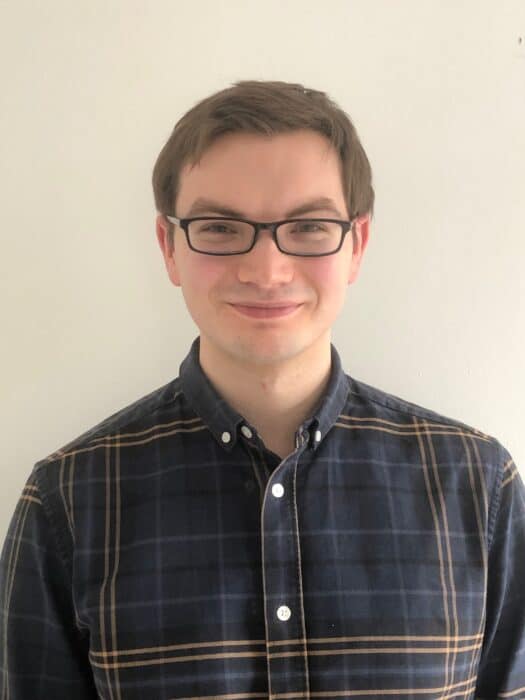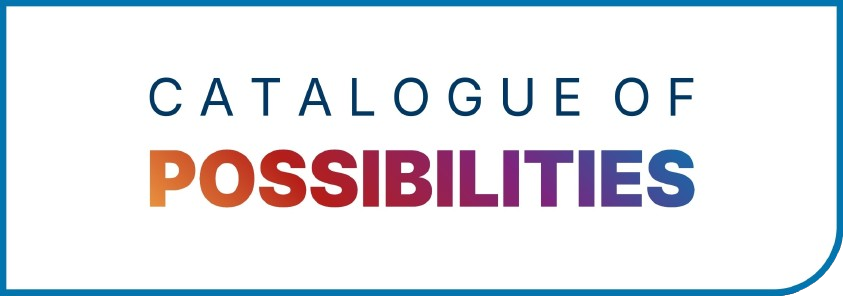Dr Blair Archibald he/him

Lecturer in Computing Science
Strategic Research Areas
I want to know how we can use (formal) computational modelling to better understand and reason about complex systems: from chemical processes to large scale digital twins of cyber-physical systems. I’m particularly interested in the modelling side: how can we build expressive languages and tools that let non-formal methods experts access the wealth of strong reasoning techniques we have available, e.g. probabilistic model checking. Benefiting from formal methods should not require a Ph.D, and I believe graphical techniques like Milner’s Biographs can play a key role in enabling wider adoption.
System occur in many shapes and sizes, and different disciplines provide interesting problems to solve: perhaps they are heavily stochastic, or need extremely strong guarantees. I have worked with chemists on understanding what describing their protocols with formal (machine checkable) languages can bring, and ecologists on how we build large agent based models of disease spread. As a Software Sustainability Institute fellow I’m excited by how we might use research software as a core component of the research process.
Just as diversity of fields is essential to interdisciplinary research, as is diversity of people: we need ideas from a wide a variety of backgrounds as possible. This is particularly important for systems based research where outcomes might guide future policy choices and it is essential we don’t negatively impact certain groups. One area I am passionate about is breaking down hierarchies within academia: just because you are a professor doesn’t mean your ideas are more valid than someone else’s: good science is collaborative, not top-down.

